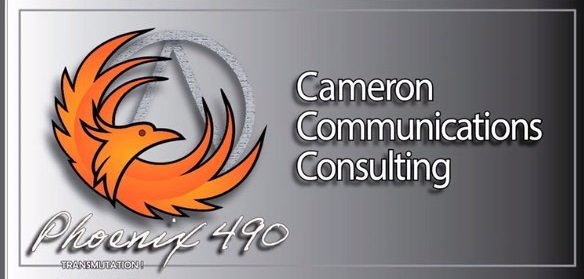Jean-Paul Sartre penned, “Hell is other people.” I thought, “What’s he talkin’ about? I love people and do not consider people “hell.” I summarily dismissed his words. While I believe it is essential to have the courage of one’s convictions, I think it is imperative to question one’s convictions. There’s always more freedom in a question than in its answer. So, I forced myself to suspend my belief system and examine his proposition open-mindedly and in so doing, reinvented my perception.
Let’s examine the very words we might use to either trap or free us and take a snapshot of our legalese, namely, the adversarial system and its language. When someone's branded a perpetrator, it’s easier to call them a monster, or Inhuman, to demonize them. We do this in religion, politics, social strata and even regarding race. On a more subtle level, this demonization comes in gentler phraseology, such as, “Them” or “These People,” as if there is not a potential or capacity to harm others is present in every one of us.
Fortunately for everyone, very few of us act on thoughts we have when we’re angry or upset. It’s not illegal to be crazy; it’s only illegal to act crazy. But some of us have mugshots to prove we were behaving crazy. I do, but I am more than my mugshot. Though we might get booked and photographed by the police, we are more than our mugshots. We should not define ourselves or “others” by our worst moments. According to Attorney Emily Baxter, “We are all criminals,” or at least would have been had we been caught. All I can say is, “Thank God life isn't fair” because if it were fair, many of us would be in serious trouble right now.
Every country and culture packages and produces both violence and forgiveness. If we fail to recognize the underlying humanity of those who commit violence, how can we ever hope to change it? And how can we empower survivors to transcend tragedy if we are ripening a victim’s ability to feel ‘less than.” Why enable safe harbor to staying at the victim stage? Forgiveness is an inside job. We forgive not because the offender deserves forgiveness, but because we deserve peace. Forgiveness exorcises the demon and relieves the perpetrator of its brand; the forgiver finds peace. Fail to forgive, and the beast stays with the victim in a self-made prison of relationship.
When a victim owns the responsibility of being a victim, they take their power back. Victimhood sheds its snakelike skin against the rocks of compassion, which is, ironically provided by those who have “dropped the rock.” When an offender takes ownership of their offense, they release the culprit status of self-made guilt & self-pity, which paradoxically represents another form of victimhood. We need to hang up the blamethrower.
The world is addicted to judgment, and lack of mercy is a global contagion. Stop defining yourself and others by one's worst moments. We need to stop absorbing into our Collective Consciousness stories which don't empower us. Run a spiritual virus scan on yourself and then purge the virus from your system. For this writer, God is the oxygen in forgiveness.
In a search for distillation of wisdom, I was touring a graveyard reading tombstones, hoping to find a lifetime of experience all rolled into a word or sentence. On an obelisk, I read, “The sins of our brothers we write in sand, but their virtues we carve in granite.”
“Hell is other people.” I focused on the word, “other.” Ah yes, it became apparent what Sartre might have meant. Other races, other religions, other political parties, other orientations, other classes, and the myriad of “other” Us/Them scenarios. Quit spending time thinking about things you don’t like or don’t want. ‘Look for the Good’ in any given person, place or thing, and you’ll find it.

